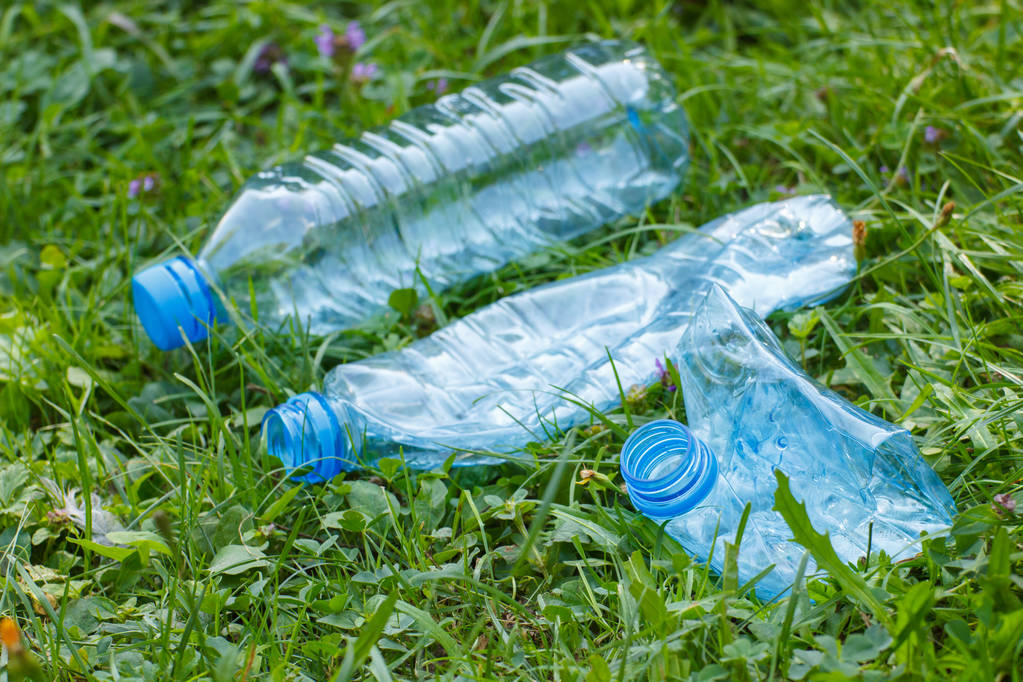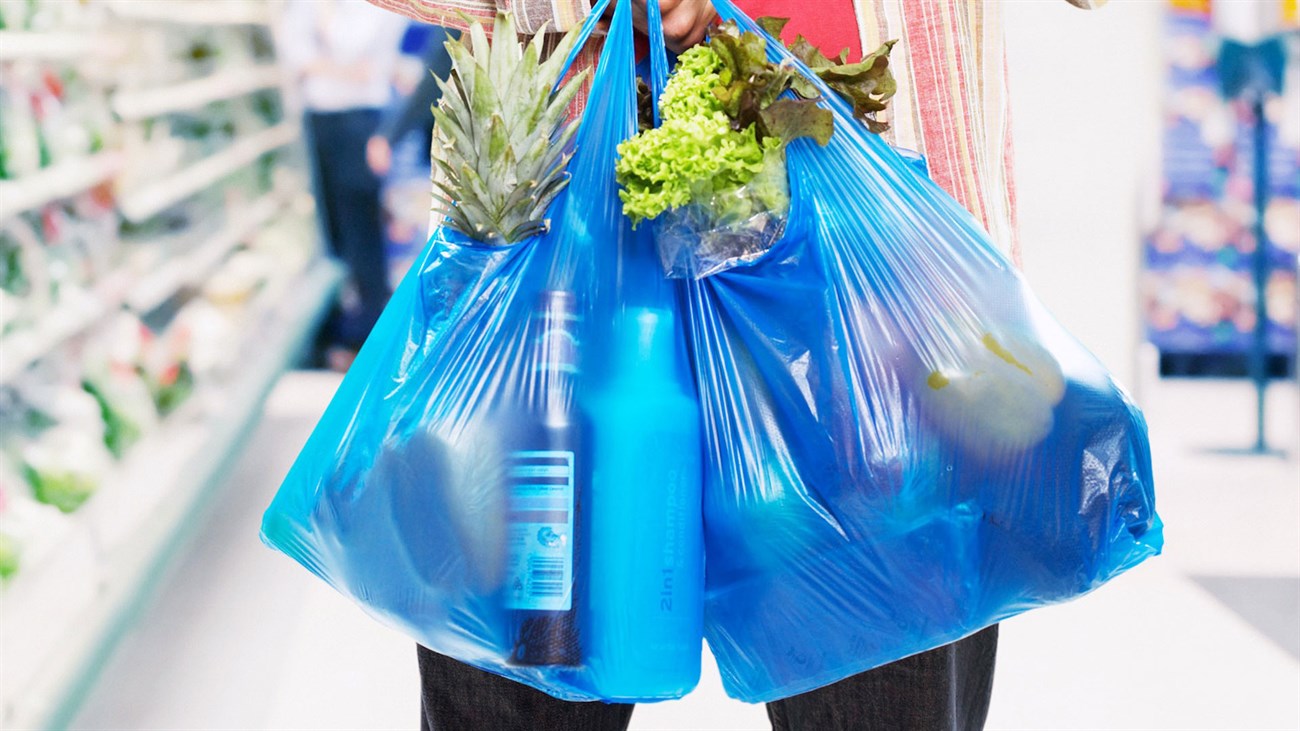1Reduce the usage of single-use water bottles
Did you know that a plastic water bottle can last up to 10 decades? Limiting the use of single-use plastics not only helps protect the environment but also safeguards your health, as these plastics often contain hazardous chemicals.
To cultivate the habit of avoiding single-use plastic bottles, opt for reusable water bottles that are compact and convenient to carry when you’re on the go, allowing you to enjoy your favorite beverages while minimizing your environmental impact.

2Minimize the usage of plastic bags
Plastic bags, composed of non-biodegradable materials, can take hundreds to thousands of years to fully decompose in the environment. The presence of plastic bags has a detrimental impact on soil and water, leading to contamination and hindering plant growth.
Therefore, instead of relying on plastic bags, it is advisable to switch to reusable alternatives such as paper bags, stainless steel containers, or other products that can be reused multiple times and have a lesser environmental impact.
 3Dispose of old batteries responsibly
3Dispose of old batteries responsibly
Batteries typically contain heavy metals like lead, mercury, zinc, cadmium, and lithium. If not properly disposed of, these metals can seep into the soil and groundwater, resulting in water and soil pollution. When burnt, batteries release toxic fumes that contribute to air pollution.
Therefore, it is essential to develop the habit of collecting old batteries and refrain from throwing them away. By doing so, you not only protect the environment but also preserve your own health and the well-being of others around you.
Secure, Environmentally-Friendly Kitchen Products
As awareness of environmental pollution continues to rise, the demand for eco-friendly products is also increasing. These items not only provide benefit to the planet, but they can also contribute to improved health and well-being. Consequently, these products have become a key component of the green movement.





































